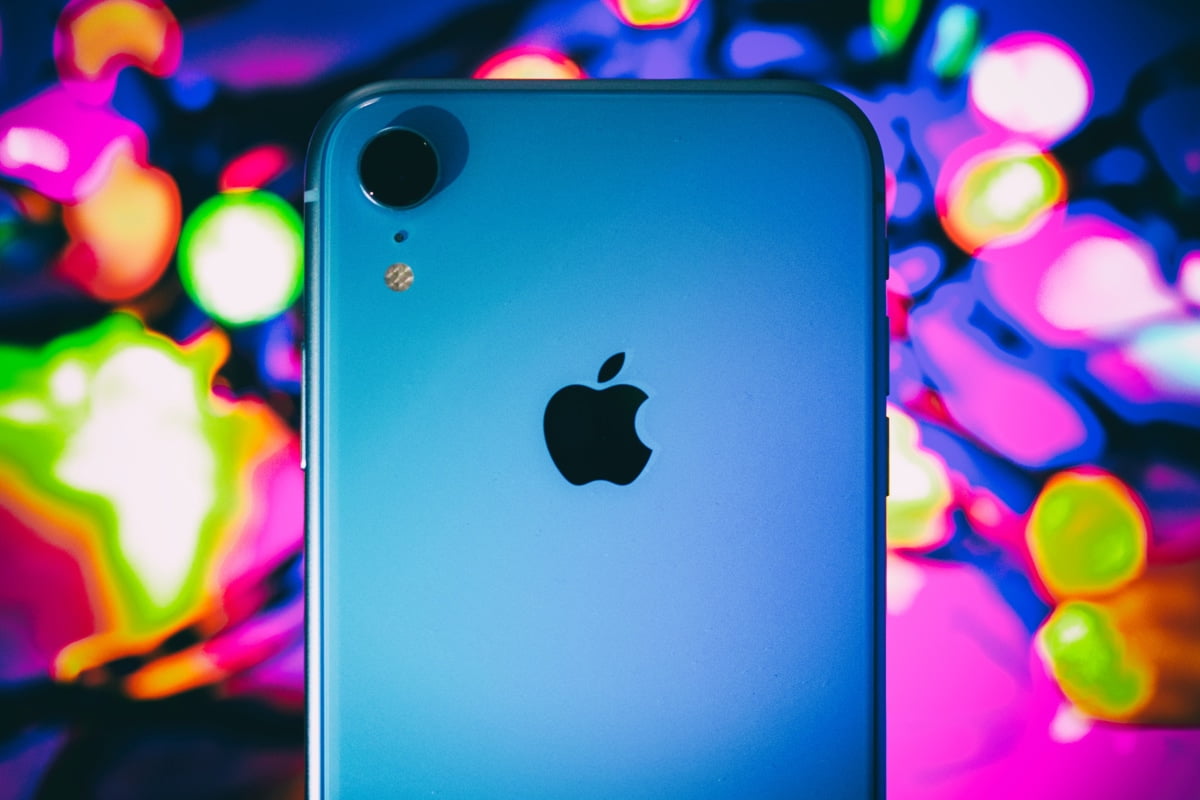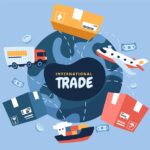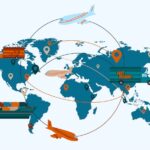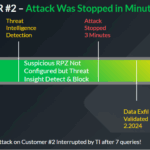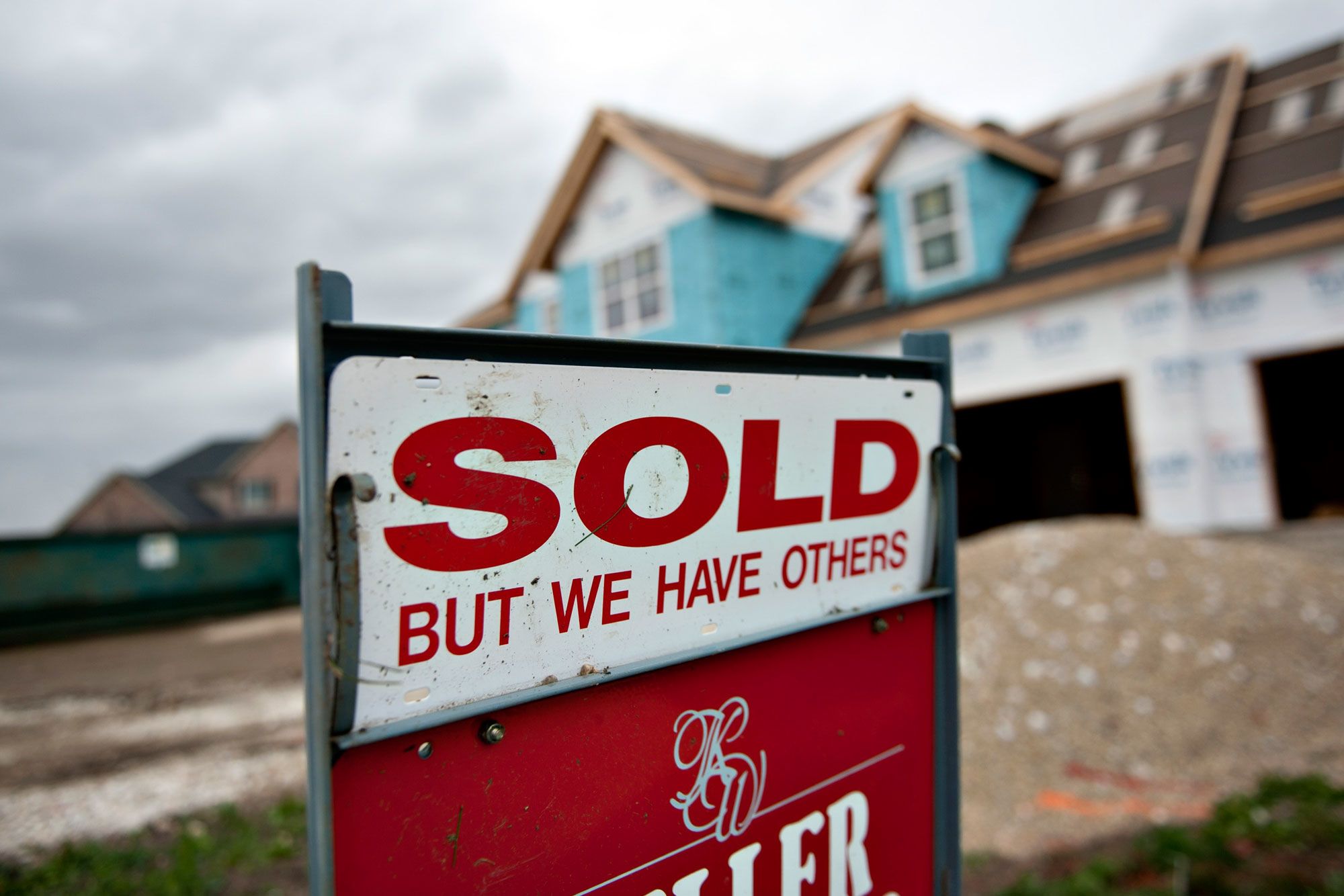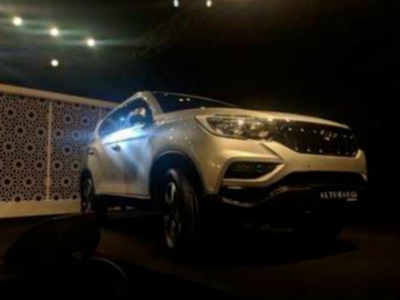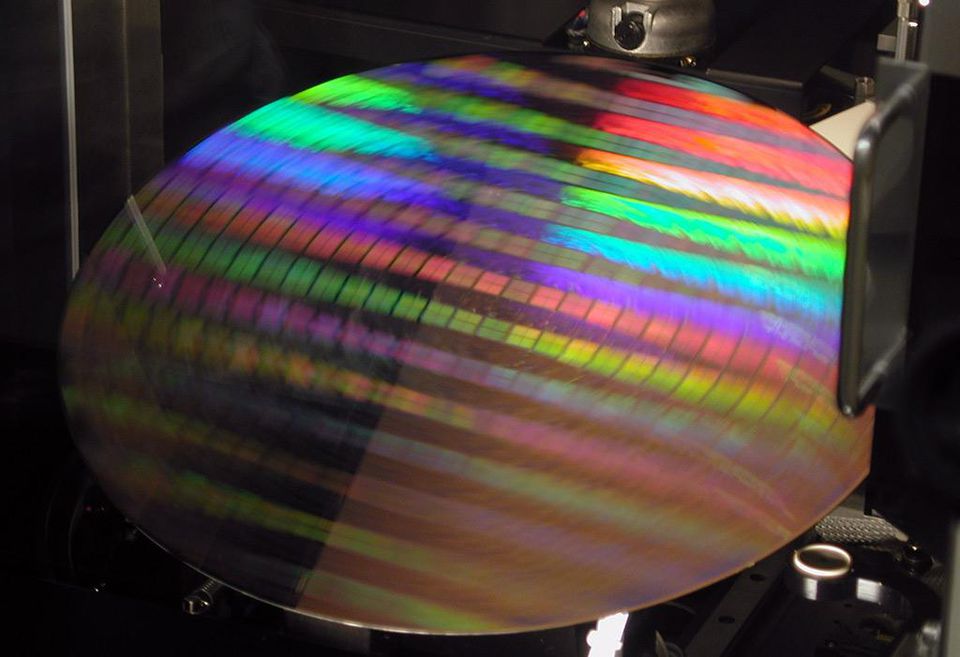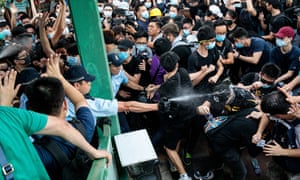
The government approved the export of spying equipment to Hong Kong authorities just weeks before they launched a crackdown against activists, the Observer can reveal.
The revelation has been met with outrage from human rights groups who question whether the technology could end up being deployed against protesters.
As activists prepare to hold another mass demonstration against the government’s handling of a now-suspended extradition bill, the government’s official logs reveal that in the first quarter of this year the UK approved an export licence for £1.9m of “telecommunications interception equipment” to Hong Kong. This was just weeks before protests against the controversial proposed treaty with mainland China began in March. However, concerns about the Hong Kong authorities’ treatment of protesters date back to 2014 when they launched a crackdown on students campaigning against proposed changes to the electoral system.
Before the issuing of the current licence for interception equipment, the UK had approved three other licences for similar technology since the 2014 crackdown. The value of the three previous licences totalled £575,000.
“These licences need to be stopped now,” said Andrew Smith, of Campaign Against Arms Trade. “The Hong Kong authorities have a long and brutal record of cracking down on activists and punishing dissent. By selling them the means to spy on pro-democracy campaigners, the UK government has made itself complicit in these abuses.”
Last month the UN special rapporteur on freedom of opinion and expression, David Kaye, called for an immediate moratorium on the sale, transfer and use of surveillance technology. But the UK appears reluctant to sign up. “There was one licence issued to Hong Kong for telecommunications interception equipment in the latest quarter, for use in counter-terrorism, counter-narcotics, counter-trafficking operations and search and rescue operations,” said a spokeswoman for the Department for International Trade.
Campaigners questioned how the UK can determine what the exported devices will be used for. “Surveillance equipment is a weapon in the hands of many repressive governments, which can be used to monitor, to harass and to imprison people who are campaigning, exposing injustices, or simply telling fellow citizens what’s going on in their country,” said Nick Dearden of Global Justice Now. “If you sell intercept equipment to governments with a history of using that equipment to crack down on human rights, saying those governments gave you assurances they wouldn’t use it in a repressive way, is no defence. You are complicit in those human rights abuses.”
“Last month, it emerged that Hong Kong police were using UK-made CS gas grenades on protesters, weapons that they also deployed in 2014.“In 2014 the Hong Kong authorities used UK-made weapons against campaigners,” Smith said. “The attacks were widely condemned, but as soon as they were out of the news the arms sales continued. This was hypocritical and shameful. The UK government must support the rights of campaigners in Hong Kong and ensure that it does not contribute further to their repression.”
The latest figures reveal the UK licensed the sale of grenades, bombs and missiles to Saudi Arabia worth more than £500m in the six months after it was implicated in the murder of journalist Jamal Khashoggi. Campaigners fear some of these weapons are destined for use in Yemen where a Saudi-led coalition is fighting a proxy war.
“UK-made weapons have played a devastating role in the bombing of Yemen,” Smith said. “Tens of thousands of people have been killed and vital infrastructure has been destroyed. This destruction wouldn’t have been possible without the complicity and support of arms dealing governments like the UK.”
The DIT spokeswoman said: “The government takes its export responsibilities seriously. It operates one of the most robust export control regimes in the world and keeps our defence exports under careful and continual review.”
[“source=theguardian”]




